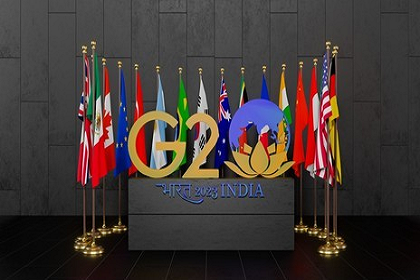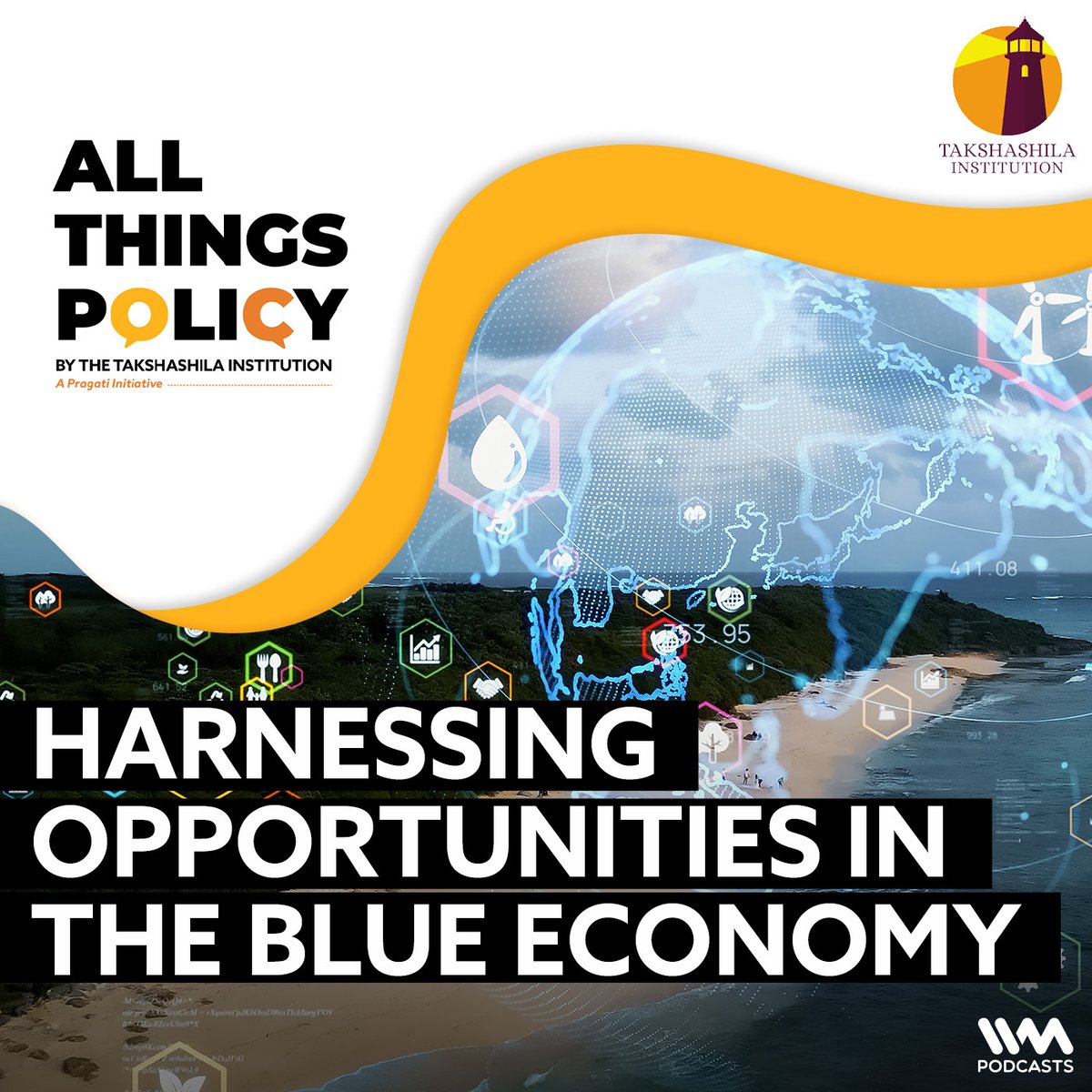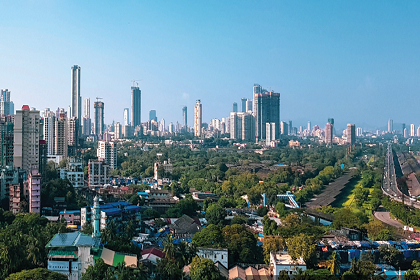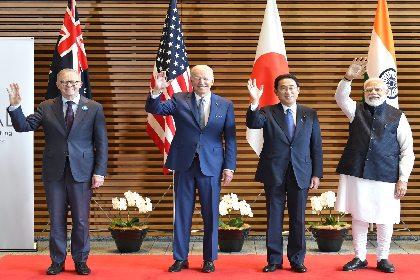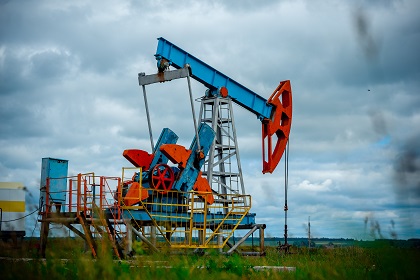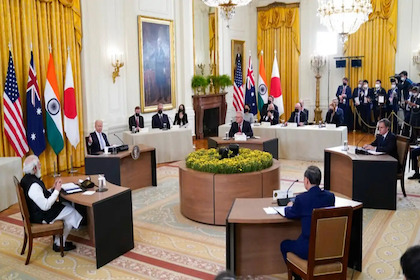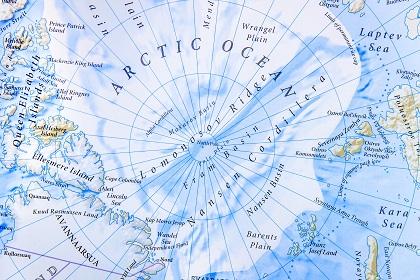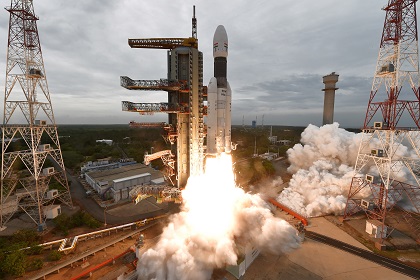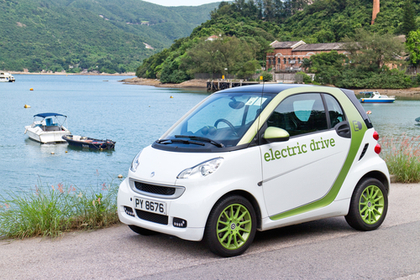India’s G20 presidency at midpoint
India’s year-long G20 Presidency completed six months at a time of global economic slowdown and sharpening geopolitical contestation. While India has done well in leveraging the Presidency to articulate its vital goals, the success of the upcoming Delhi Summit will depend on achieving consensus, additionality, and implementability.

